People
Principal Investigator
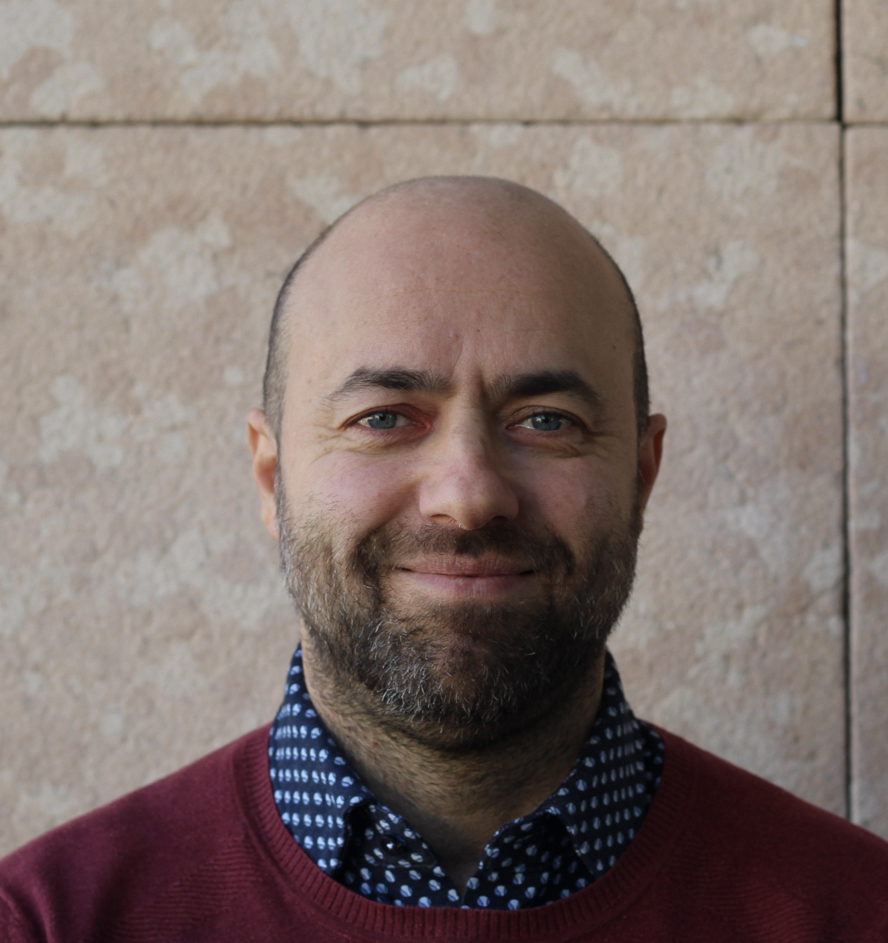
Filippo Cavallo is Associate Professor in Biomedical Robotics and Biomechatronics at the University of Florence, Department of Industrial Engineering, Florence, Italy. He received the Master Degree in Electronics Engineering, Curriculum Bioengineering, from the University of Pisa, Italy, and the Ph.D. degree in Bioengineering at the BioRobotics Institute of Scuola Superiore Sant’Anna, Pisa, Italy. From 2007 to 2013, he was postdoc researcher and, from 2013 to 2019, he was assistant professor and head and scientific responsible of the Assistive Robotics Lab at the BioRobotics Institute, Scuola Superiore Sant'Anna. Since 2020, he is an associate professor with the University of Florence in Biomedical Robotics and Bio-Mechatronics and an affiliate professor at the BioRobotics Institute, Scuola Superiore Sant'Anna. The objectives of his research activities are to promote and evaluate novel service robotics for active and healthy ageing, and to identify and validate disruptive healthcare paradigms for neurodegenerative and chronic diseases, focusing on prevention and support for physical and cognitive declines. The main scientific and technological challenges concern social robotics, human-robot interaction, wearable sensors, Internet of Things, and artificial intelligence for robot companion and healthcare applications. He has participated in various national and European projects and is the author of 180+ papers at conferences and ISI journals.
Google Scholar ResearchGate
Assistant Professors
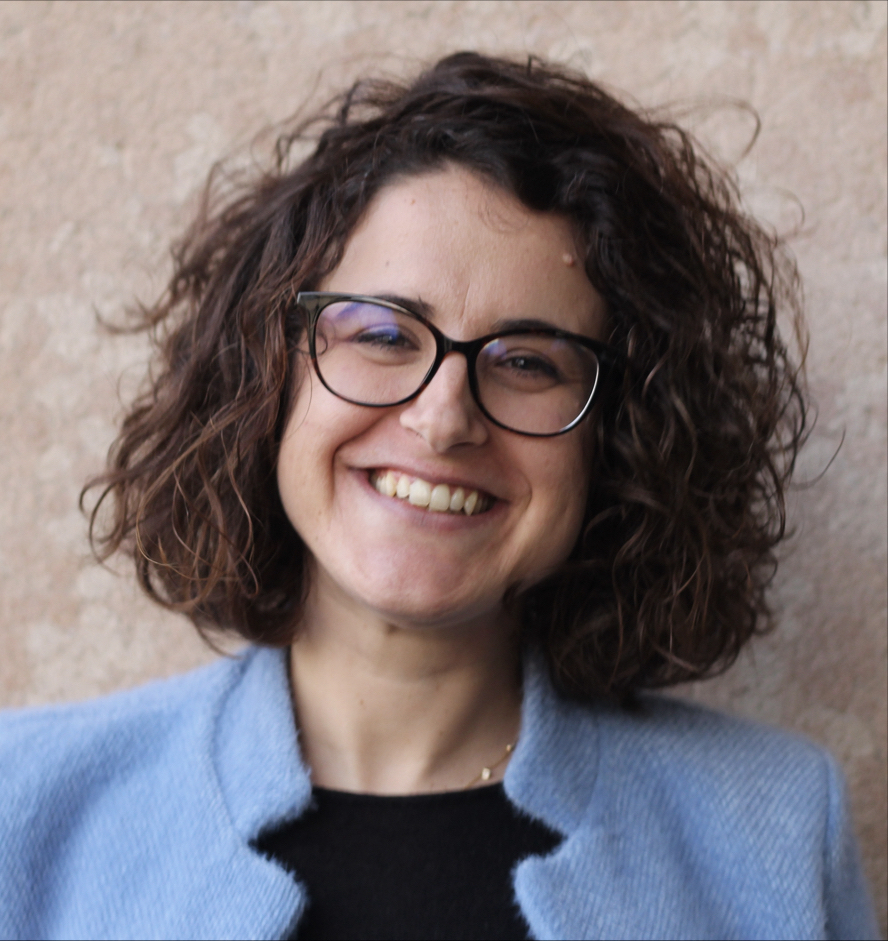
Laura Fiorini is an assistant professor at the University of Florence, Department of Industrial Engineering, Florence, Italy. She received the M.Sc. Degree in Biomedical Engineering at the University of Pisa in 2012 (full marks, cum laude). She obtained a Ph.D. in Biorobotics (full marks, cum laude) at the BioRobotics Institute of Scuola Superiore Sant'Anna, in 2016. In 2015 she visited the Bristol Robotics Laboratory at the University of West England (Bristol, UK). From 2016 to 2020, she was a postdoc researcher at the BioRobotics Institute and she collaborated on different EU and national projects such as Robot-Era, ACCRA, CloudIA, and SI-ROBOTICS. Currently, she is the coordinator of the Italian pilot site of the Pharaon Project.
Google Scholar ResearchGate
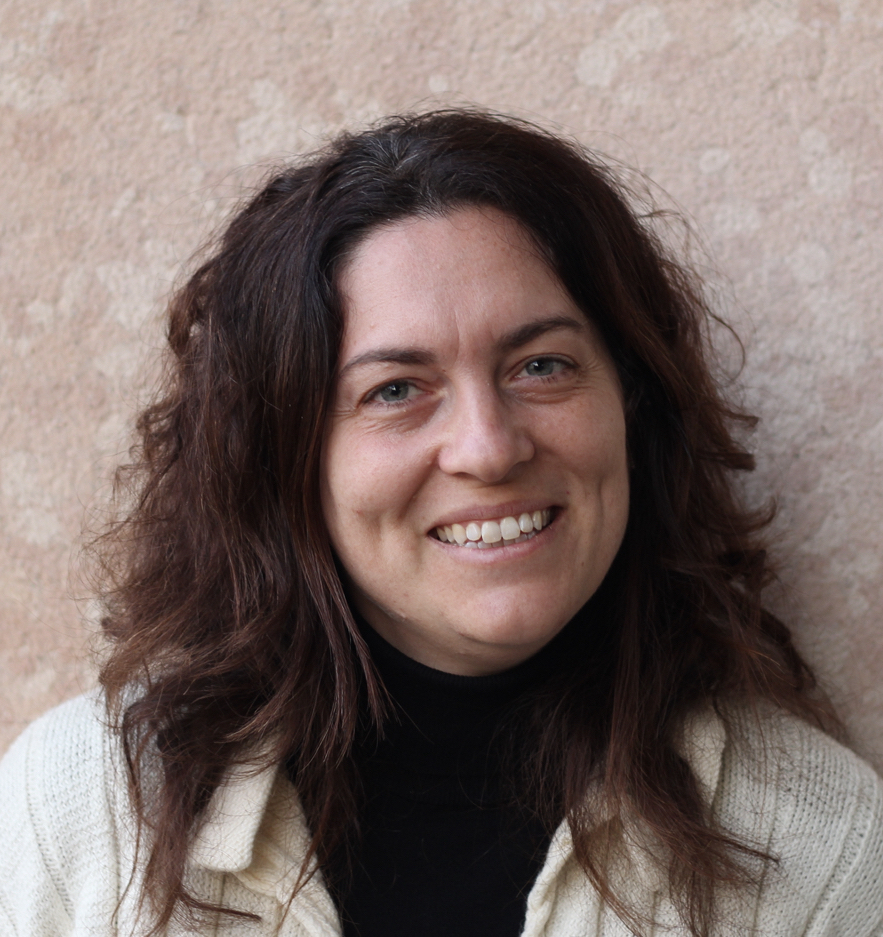
Erika Rovini is an Assistant Professor at the University of Florence, Department of Industrial Engineering, Florence, Italy. She received a master’s degree in biomedical engineering from the University of Pisa, Italy, in 2011, and a Ph.D. (cum laude) degree in BioRobotics from the BioRobotics Institute, Scuola Superiore Sant’Anna, Pisa, Italy, in 2018, with a thesis on the "Study and development of novel therapeutic and diagnostic approaches for Parkinson’s Disease based on ICTs and Machine Learning". From 2011 to 2014, she was an Assistant Researcher with the BioRobotics Institute, Scuola Superiore Sant’Anna, and a Postdoctoral Researcher within the same institute until May 2021. Then, she was a technologist at the University of Florence from June 2021 to December 2022. She is the author of articles and patents concerning the fields of AAL and wearable devices. Her research interests include motion analysis, pattern recognition, data processing, biomedical signal processing, machine learning algorithms, ambient assisted living, and wearable sensors.
Google Scholar ResearchGate
Technologist
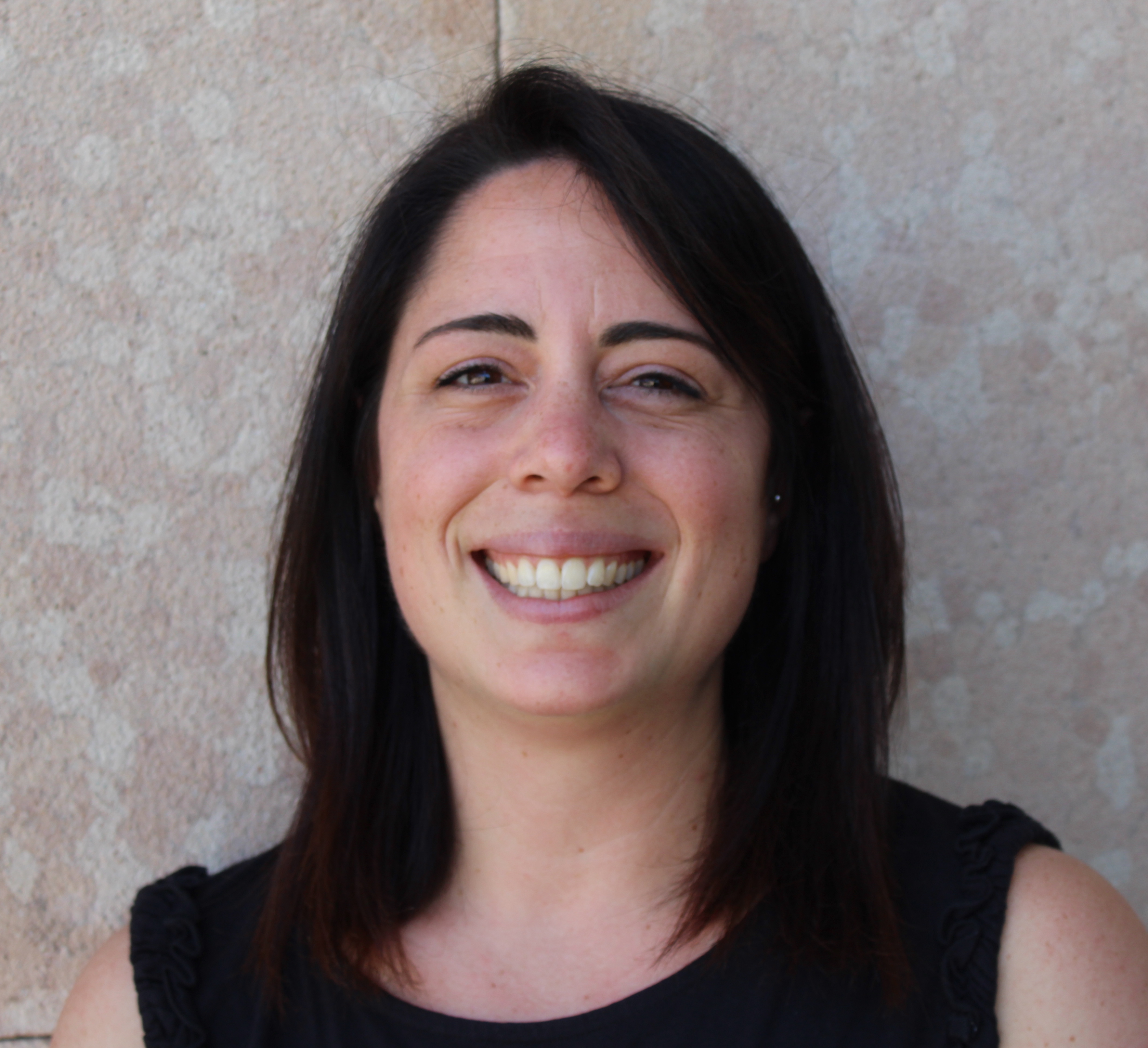
Alessandra Sorrentino is a technologist at the University of Florence (Florence). She received a master’s degree in Artificial Intelligence and Robotics from the University of Rome "La Sapienza", Italy, in 2018, and a Ph.D. (cum laude) degree in BioRobotics from the BioRobotics Institute, Scuola Superiore Sant’Anna, in 2022. Her research areas spawn from social robotics, human-robot interaction, and assistive robotics. In detail, she is interested in finding new ways to adapt robot behavior to establish trustworthy interactions with young and older users, relying on AI algorithms. Over the years, she collaborated on national and international projects and she orally presented the results of her research in national and international conferences.
Google Scholar ResearchGate
Post Doc Researchers
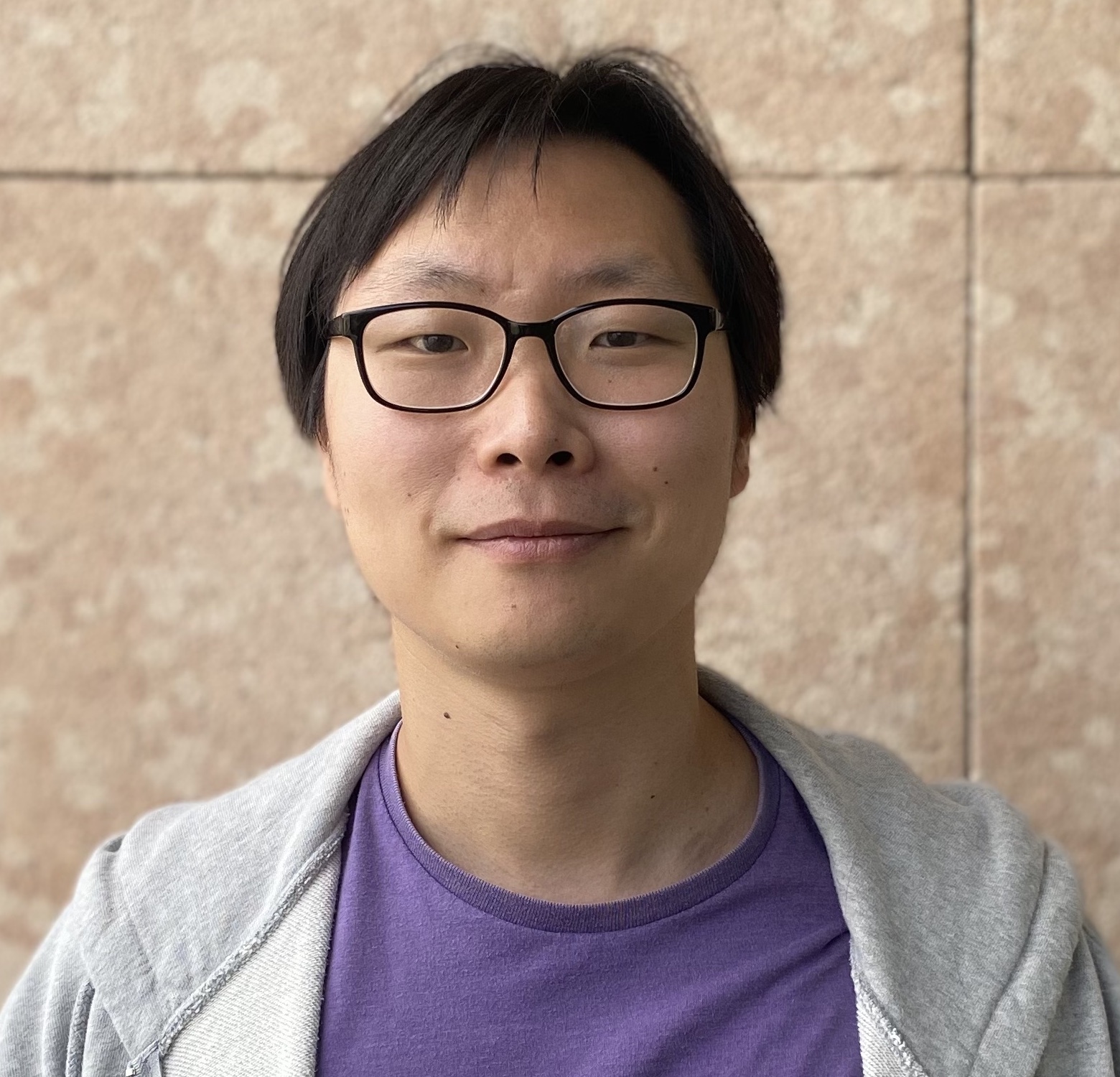
Jaeseok Kim received a master’s degree in mechanical engineering from the Korea University of Technology and Education in 2013, and a Ph.D. degree in BioRobotics from Scuola Superiore Sant’Anna in 2018. He is a Postdoctoral Research Assistant with the BioRobotics Institute, Scuola Superiore Sant’Anna. He has participated in the EU Robot-Era, IP Project, and CENTAURO Regional Project - iSort. He is working on grasping multiple objects and cleaning tasks for the domestic environment. His research interests include reinforcement learning, deep neural networks, and bio-inspired robotics.
Google Scholar ResearchGate
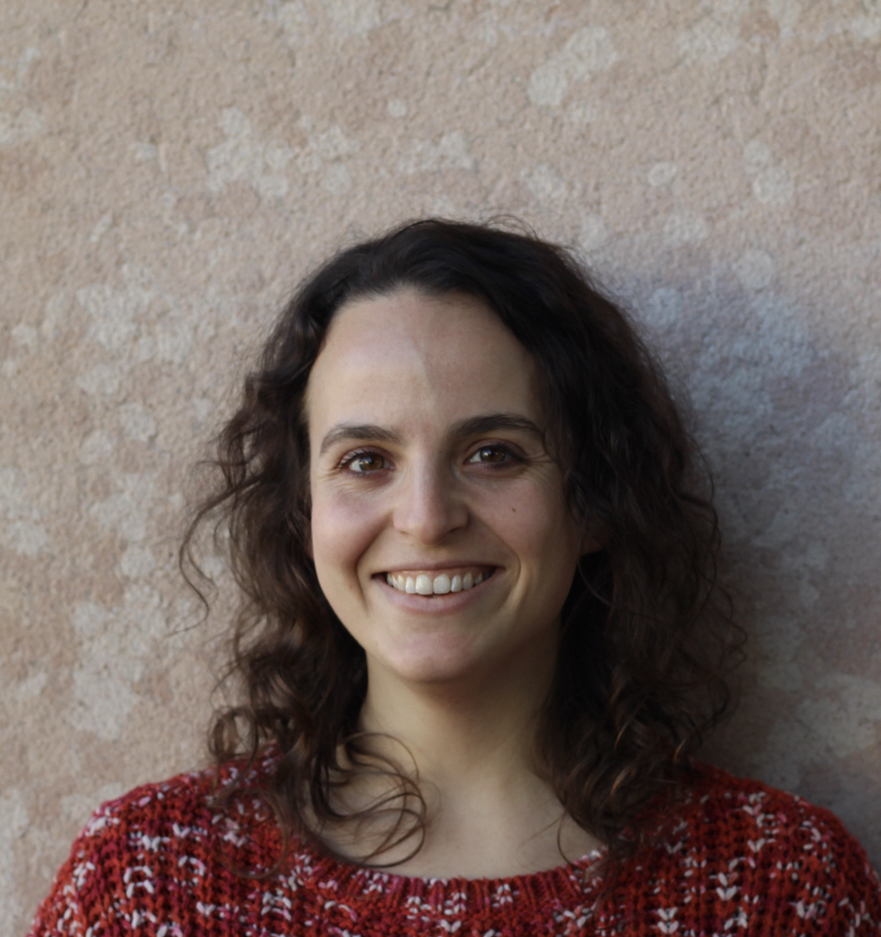
Jasmine Pani earned a M.Sci in Cognitive Science at CIMeC (Rovereto, TN) and obtained a PhD in Neuroscience at the Faculty of Medicine, NTNU (Trondheim, Norway). Her past research focuses on the effects of exercise training on brain aging. Currently, she is working as a Post-Doctoral Research Assistant with the Biomedical and Robotics Lab at the University of Florence and she is involved in the Pharaon Project investigating cognitive training, socialization, and monitoring interventions to promote successful aging.
Google Scholar ResearchGate
PhD Students
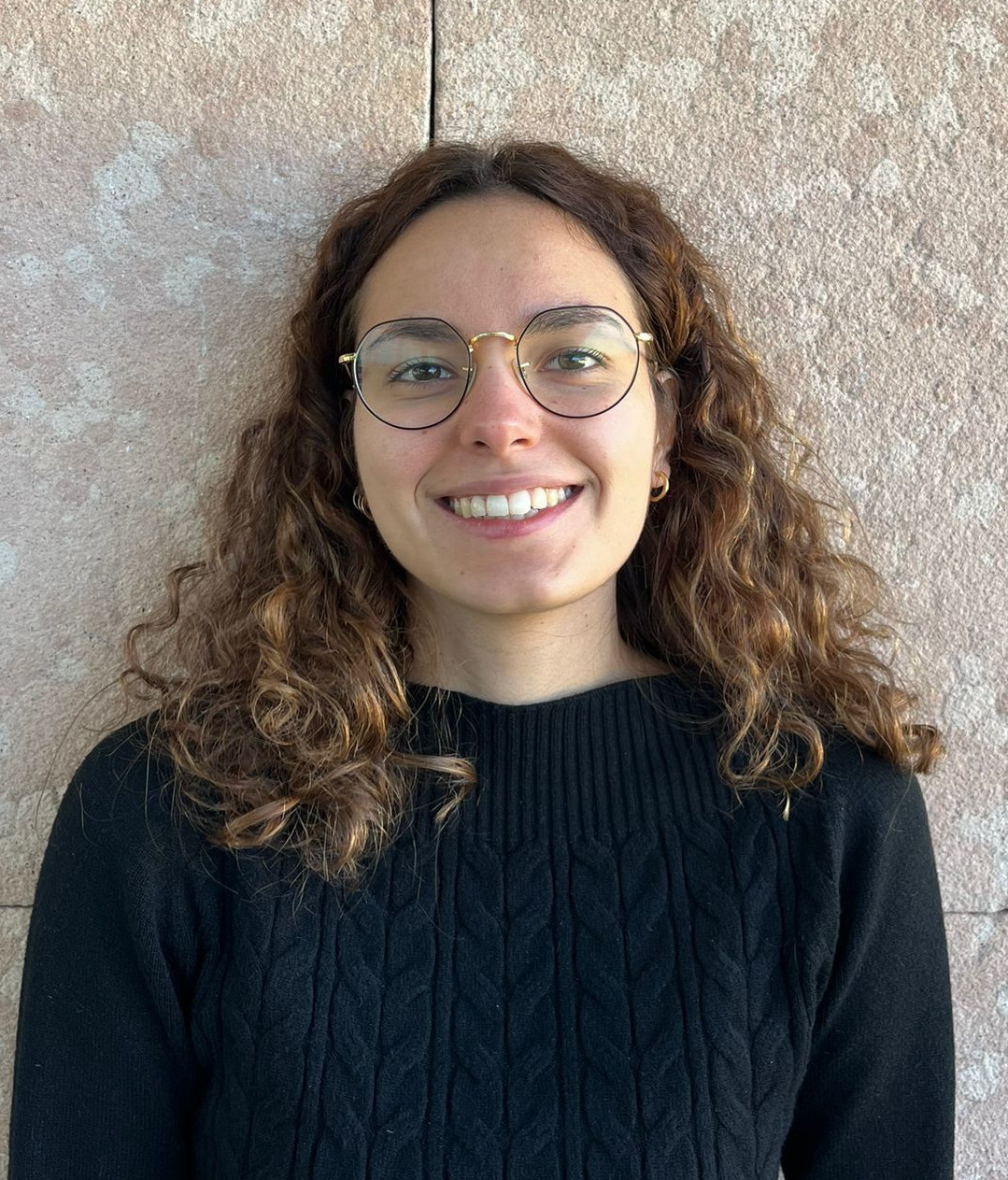
Elena Adelucci received a bachelor’s degree in Electronic Engineering in December 2021 and a master’s degree in Biomedical Engineering in December 2024 from the University of Florence. She participated in the Erasmus Traineeship program from September 2024 to November 2024 at the University of Coimbra, Portugal. Currently, she is a Research Fellow in the Biomedical and Robotics Lab, University of Florence. Her main research interests are in the fields of Human-Robot Interaction and Social Robotics.
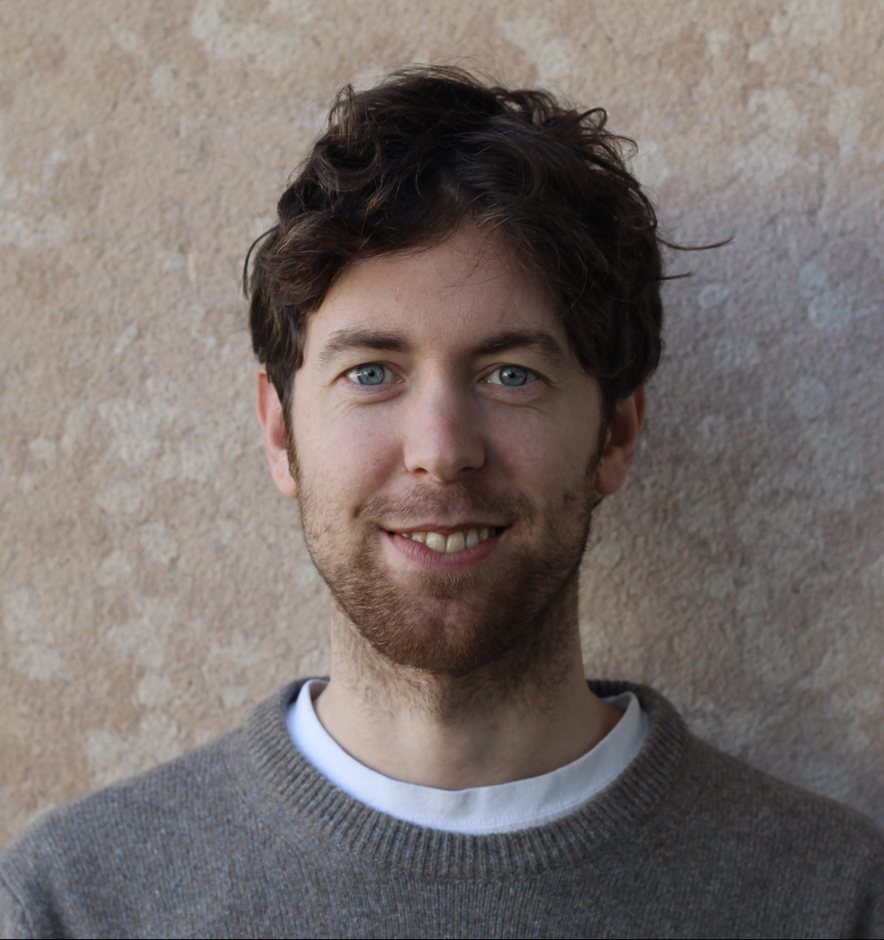
Pietro Benvenuti received an M.Sc. degree in mechanical engineering from the University of Florence in 2022. He is pursuing a Ph.D. degree with the BioRobotics LAB, University of Florence. His research interests lie in the application of wearable sensors for biomechanics analysis, musculoskeletal modeling, and motor strategy control extraction.
Google Scholar
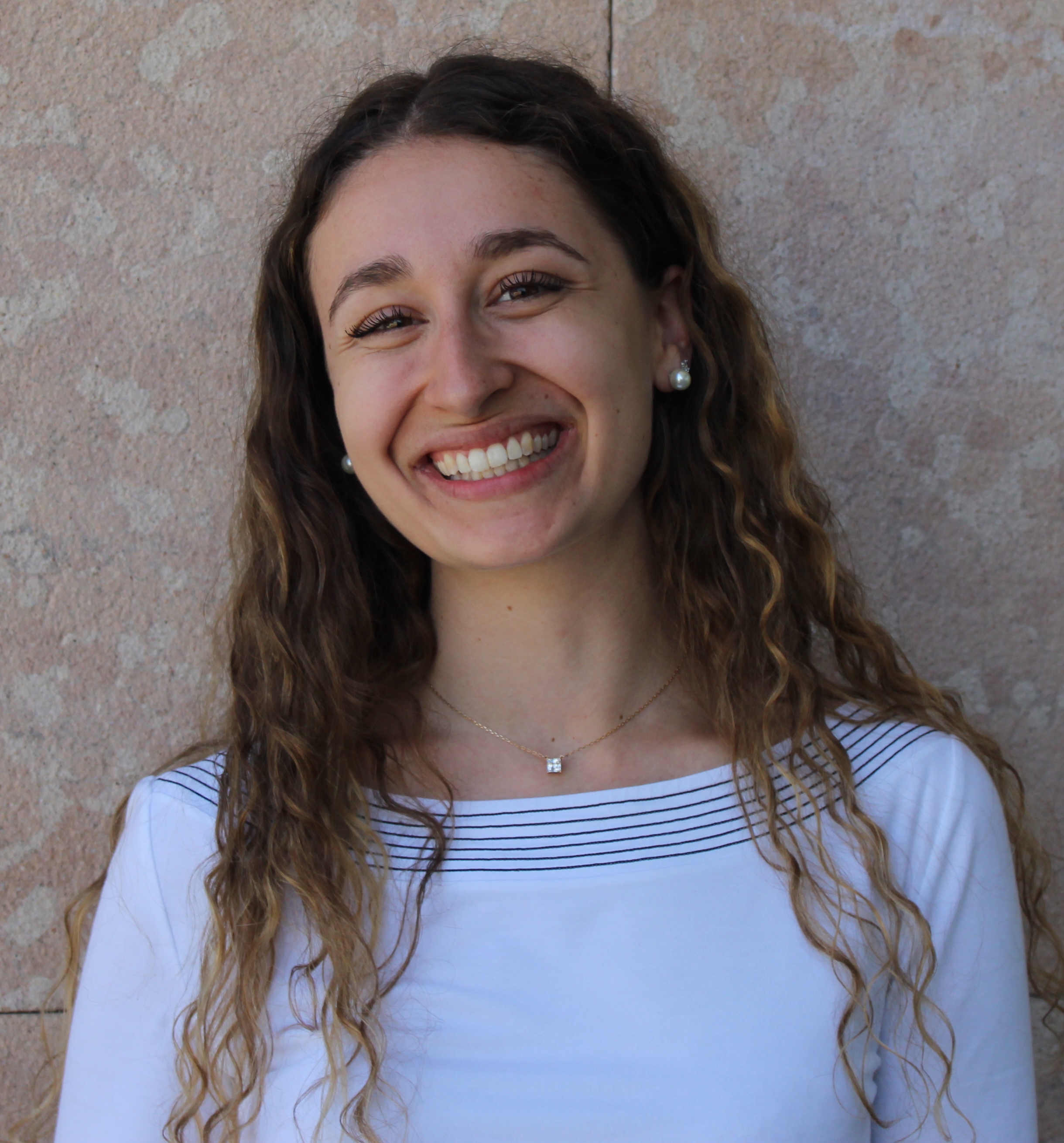
Beatrice Francalanci received a bachelor's degree in Mechanical Engineering in October 2020 and a master’s degree in Biomedical Engineering in July 2023 from the University of Florence. Currently, she is a Ph.D. student in Industrial Engineering at the University of Florence. Her main research interests are in the fields of wearable sensors and biomedical signal processing to help clinicians in the diagnosis, monitoring, and management of chronic diseases.
Google Scholar ResearchGate
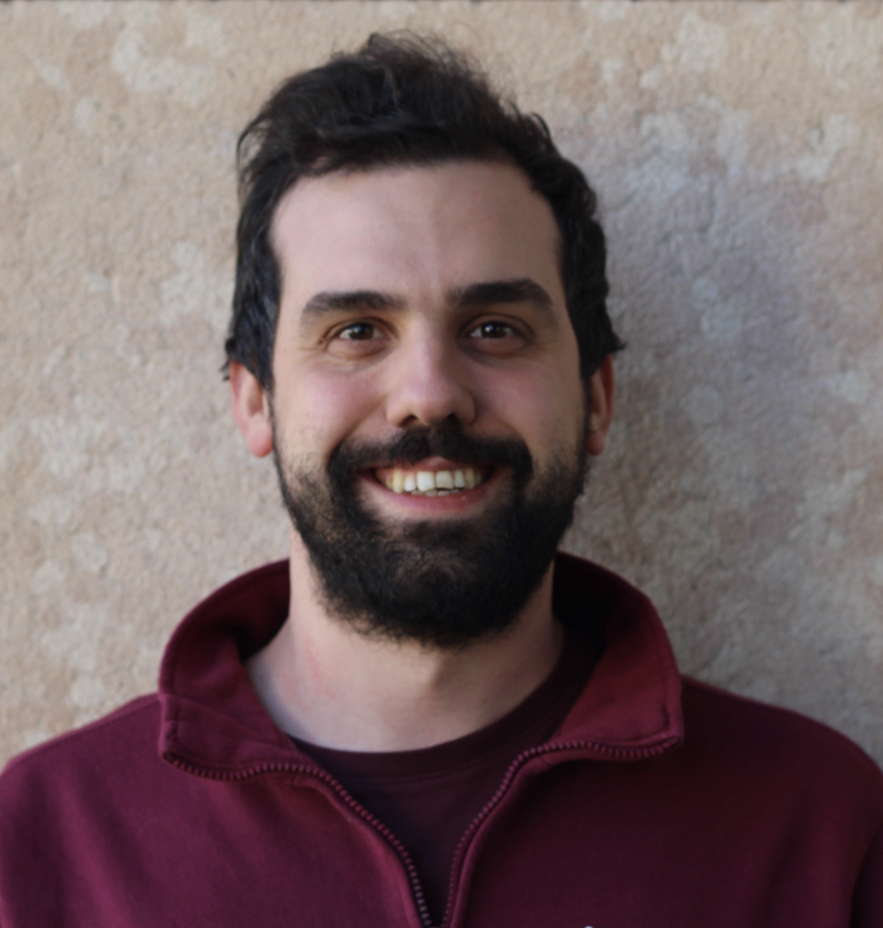
Lorenzo Pugi received a bachelor's degree in Electronic and Communication Engineering in 2020 and a master's degree in Biomedical Engineering from the University of Florence, Italy, in July 2023. To date, he is a Ph.D. student in Industrial Engineering at the Department of Industrial Engineering, University of Florence. His research field is focused on human-robot interaction, social gesture generation, and smart objects.
Google Scholar ResearchGate
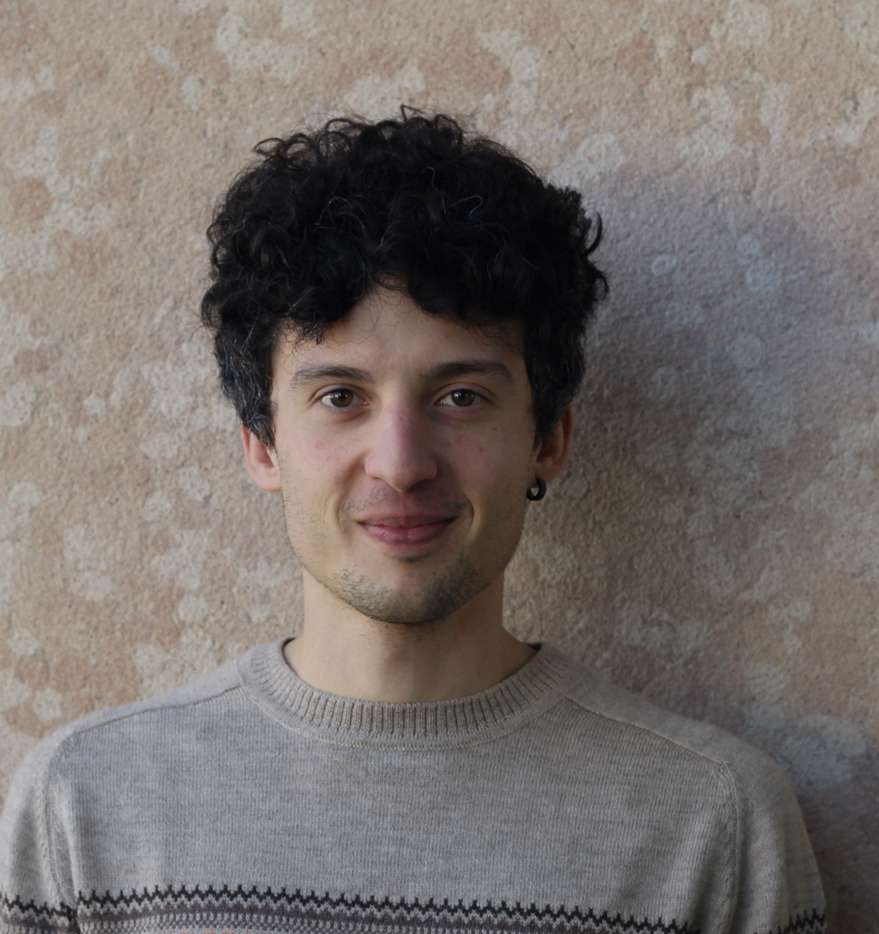
Lorenzo Rettori is a Ph.D. student in industrial engineering at the Biomedical and Robotics Lab, University of Florence. He received a M.Sc. in Electronic Engineering from the University of Florence (Italy) in 2019. He carried out research activities in the field of Multiple Access Protocols for Body Area Networks at the Kohno Laboratory (Yokohama National University, Japan) and in the field of ultrasonic inspection techniques for nuclear safety at the Seals and Identification techniques Laboratory (European Commission’s Joint Research Centre, Ispra, Italy). His main research interests are in the fields of sensor data acquisition, data processing and machine learning techniques for biomedical and biomechanical applications.
Google Scholar ResearchGate
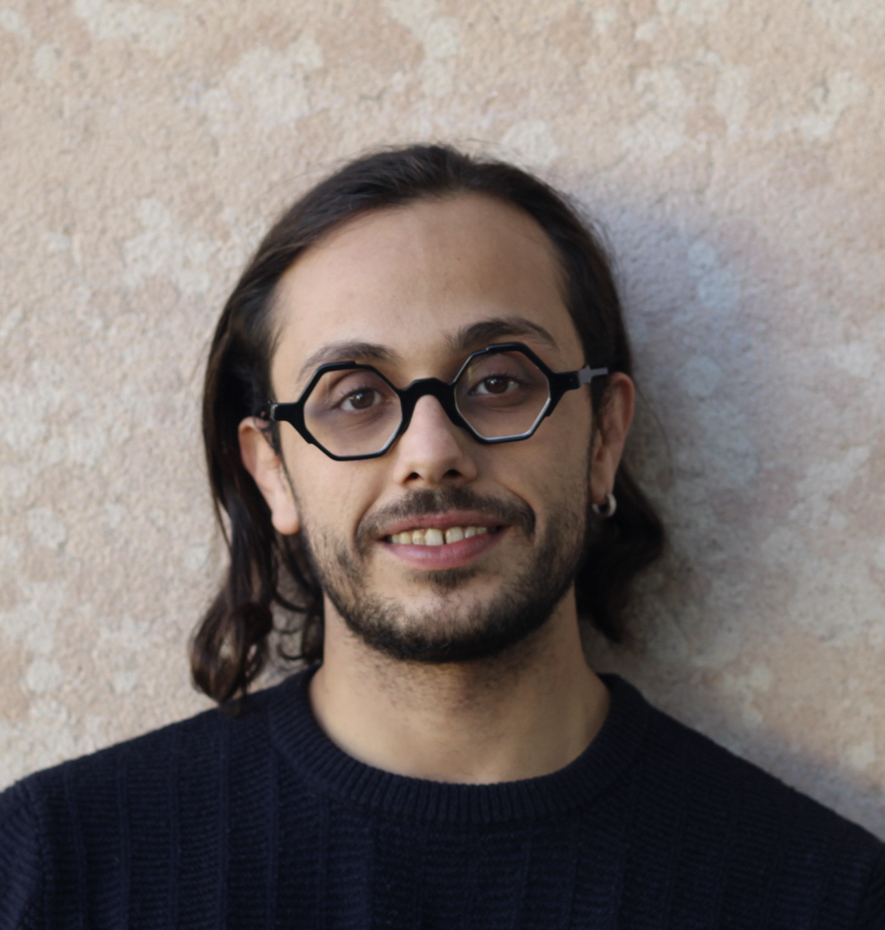
Marco V. Maselli is a PhD student at the University of Florence in the Social Robotics field. He holds a Bachelor and a Master Degree in Biomedical Engineering. He has experience as a Research Collaborator at the Politecnico di Bari and as a Research Fellow at C.N.R - STIIMA. From November 2023, he worked as a Research Fellow at the University of Florence before starting his PhD in 2024. He has also been a Contract Professor for the first-year "Computer Science for Engineering" course at Politecnico di Bari. His main research focuses on investigating brain-inspired methodologies for robot cognition in social robotics.
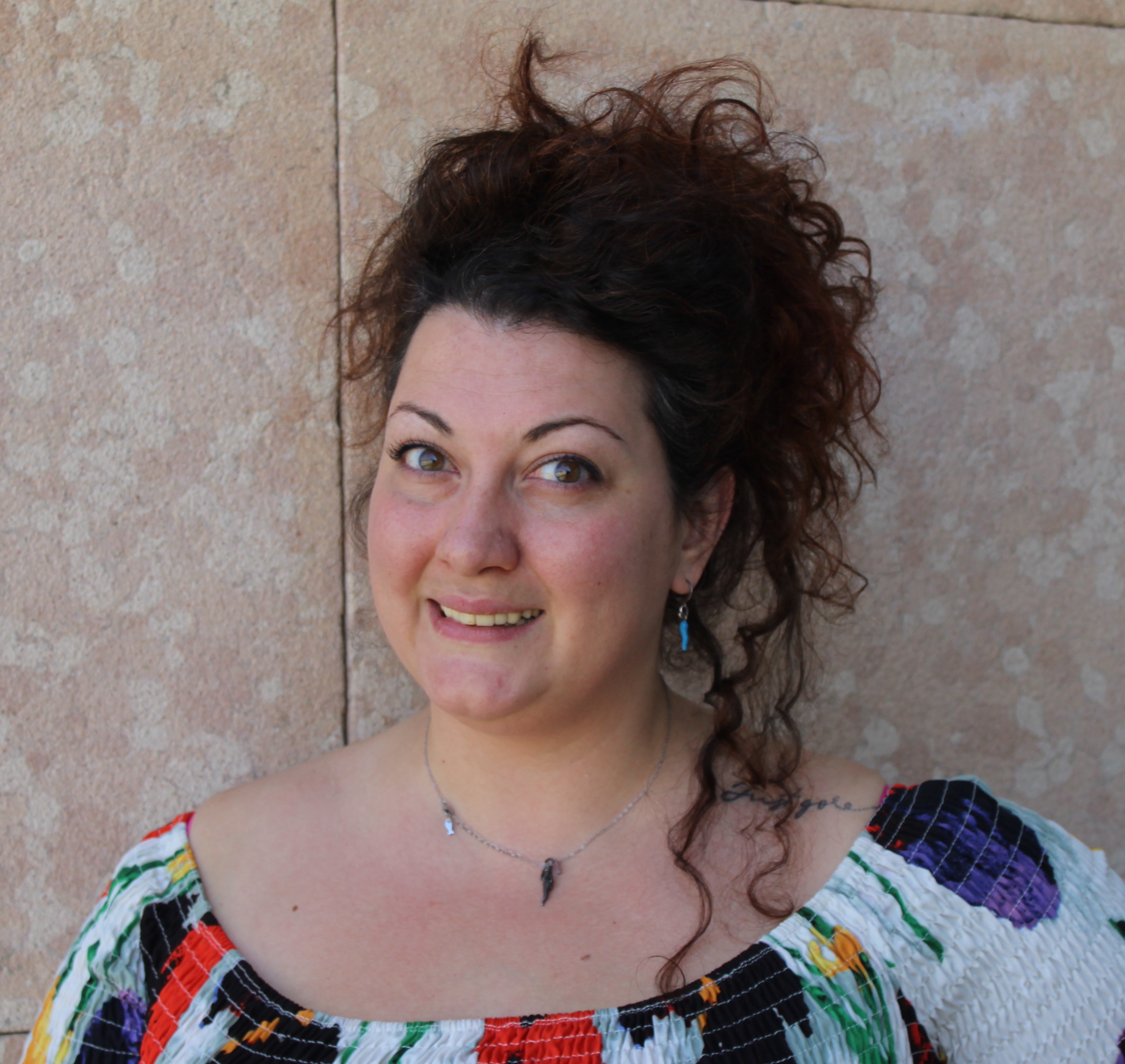
Ivana Ragusa graduated in Health and Safety Science from the University of Naples and moved to Florence, where she earned her Master's degree in Health Professions for Preventive Care in 2016. After working for five years as an H&S manager, she pursued her passion for technology, which she had developed as a self-taught learner, at 42 Luiss Firenze, specializing in software development and computer science. In February 2024, she aligned her studies and passions at the Biorobotics Laboratory in Florence, where she joined as a Research Fellow. Since November 2024, she started her PhD in Industrial&Reliability Engineering, under the supervision of Prof. Cavallo. Her main research activity focuses on developing new technologies and architectures for data and signal transfer from robots and wearable sensors. She is involved in European projects on Health IoT and IoRT, concentrating on data management and automation.
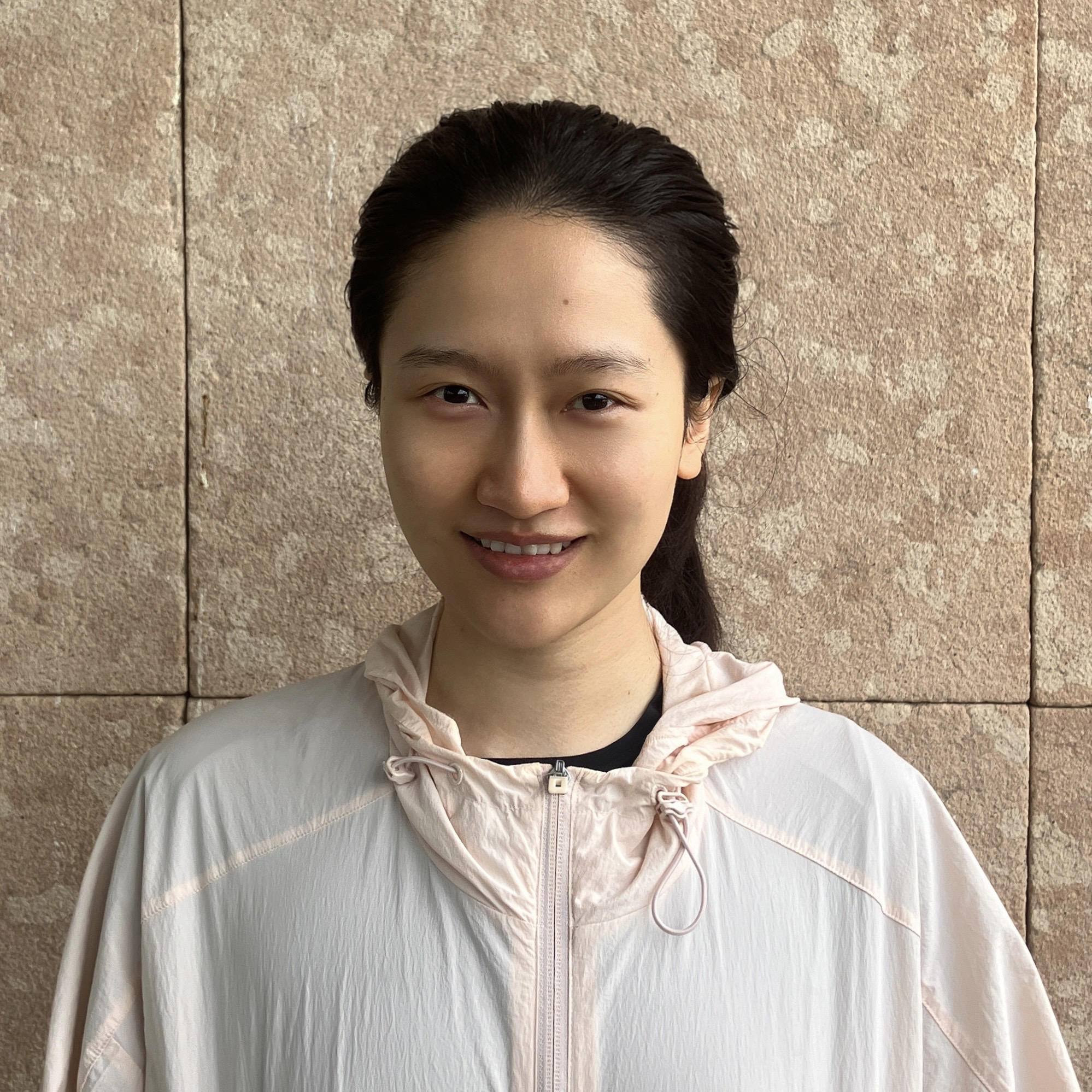
Yanglu Zeng received a bachelor's degree in Electrical Engineering in 2017 frome Hunan University in China and a master’s degree in Electrical Engineering and Information Technology in 2020 from the Technical University of Munich in Germany. She have worked as algorithm developer in Baidu Apollo, China. Currently, she is a Ph.D. student in Industrial Engineering at the University of Florence. Her main research interests are human robot interaction, spatial language model.
Collaborators
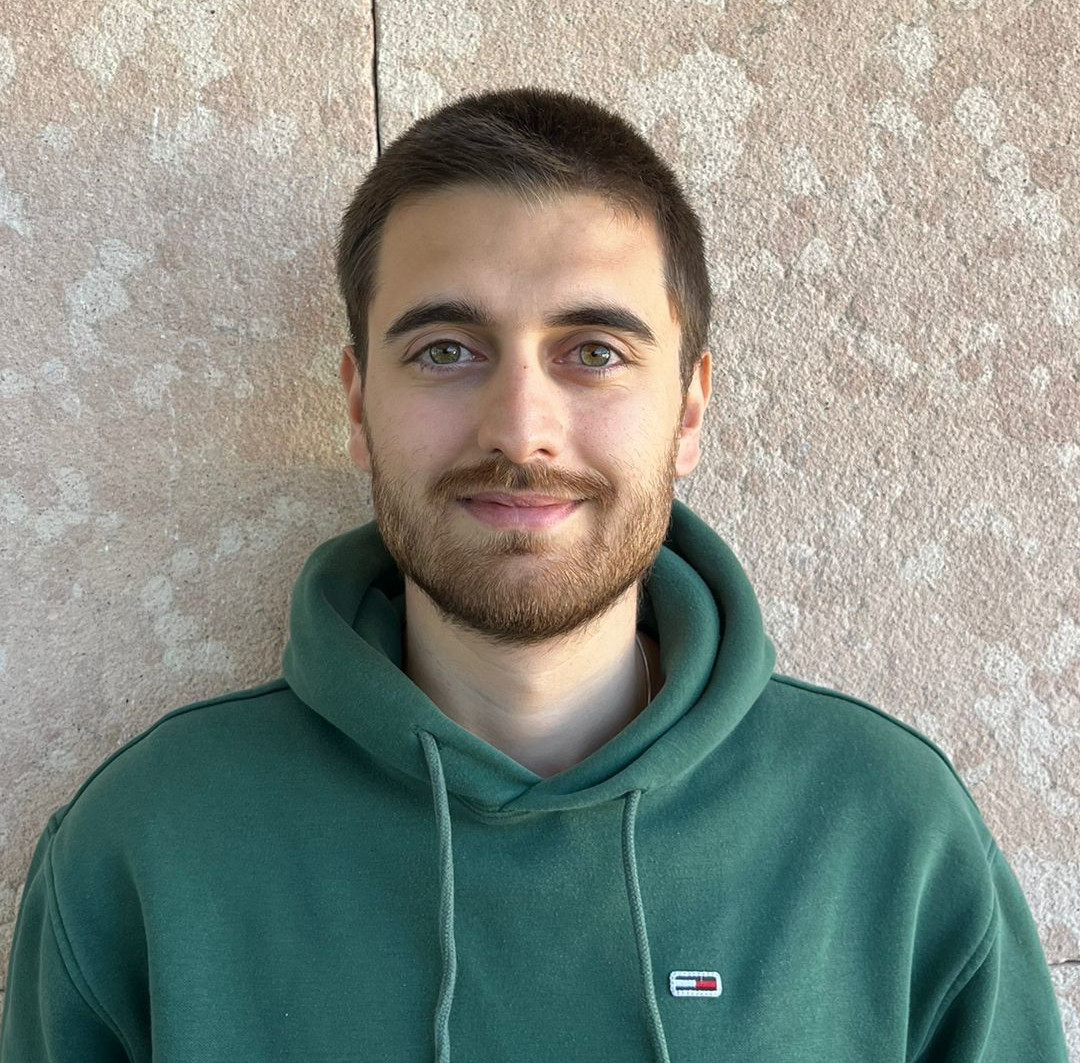
Niccolò Alunni is a Research Fellow at the Department of Industrial Engineering, University of Florence. He received a bachelor’s degree in Electronic and Telecommunications Engineering in April 2022 and a master’s degree in Biomedical Engineering in December 2024 from the University of Florence. He was part of the Erasmus program at University Rey Juan Carlos of Madrid from September 2022 to February 2023. His main research interests are in the field of human-robot interaction.
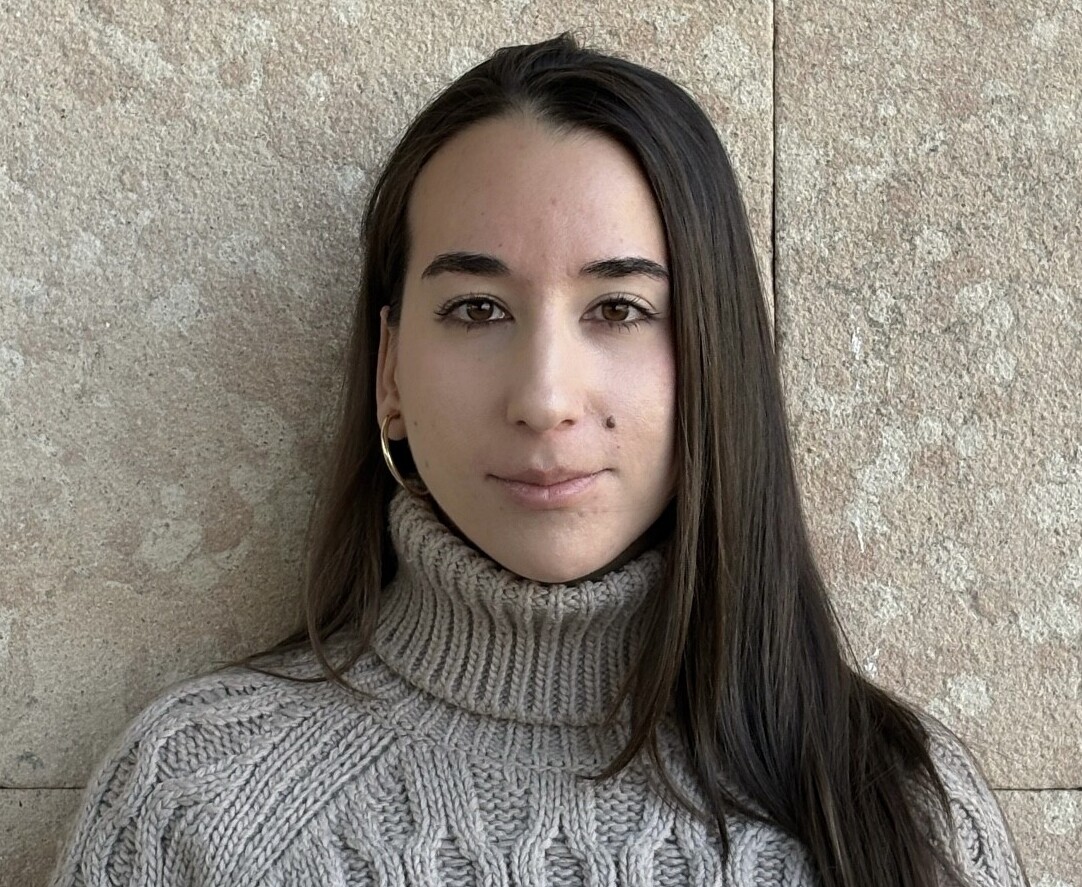
Ludovica Evangelista is a Research Fellow in the Biomedical and Robotics Lab of the University of Florence. She achieved her Bachelor’s degree in Biomedical Engineering from the University of Pisa and completed her Master’s degree in Biomedical Engineering at the University of Florence in 2025. Her main research interests include wearable sensors, biomedical signal analysis, and the development of interfaces for sensors' management.
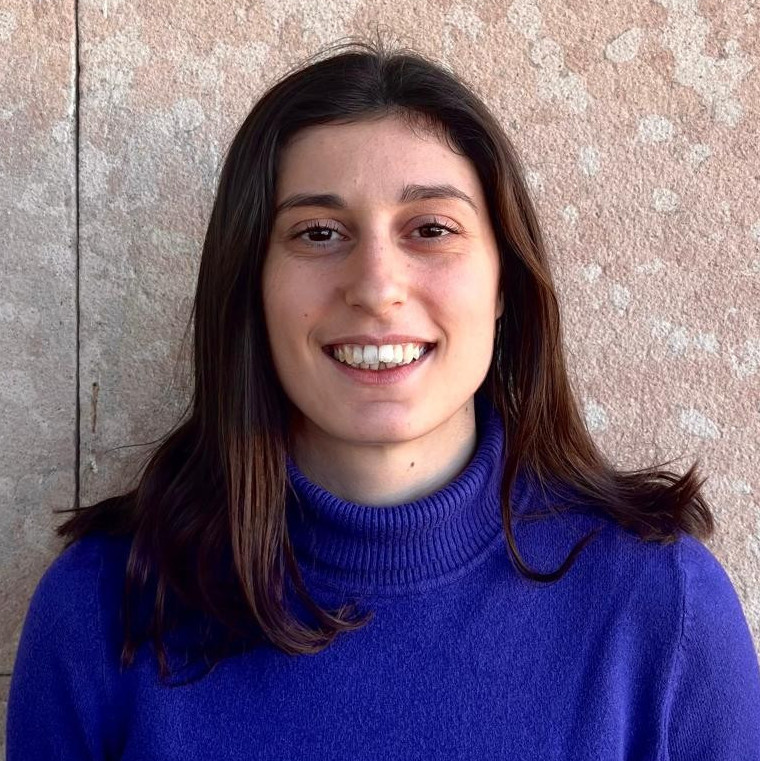
Martina Falagiani is a Research Fellow in the Biomedical and Robotics Lab at University of Florence. She achieved a Bachelor’s degree in Electronic and Telecommunications Engineering in December 2021 and a Master’s degree in Biomedical Engineering in October 2024 from the University of Florence. Her main research interests are in the field of wearable sensors and signals processing for biomedical and biomechanical applications.
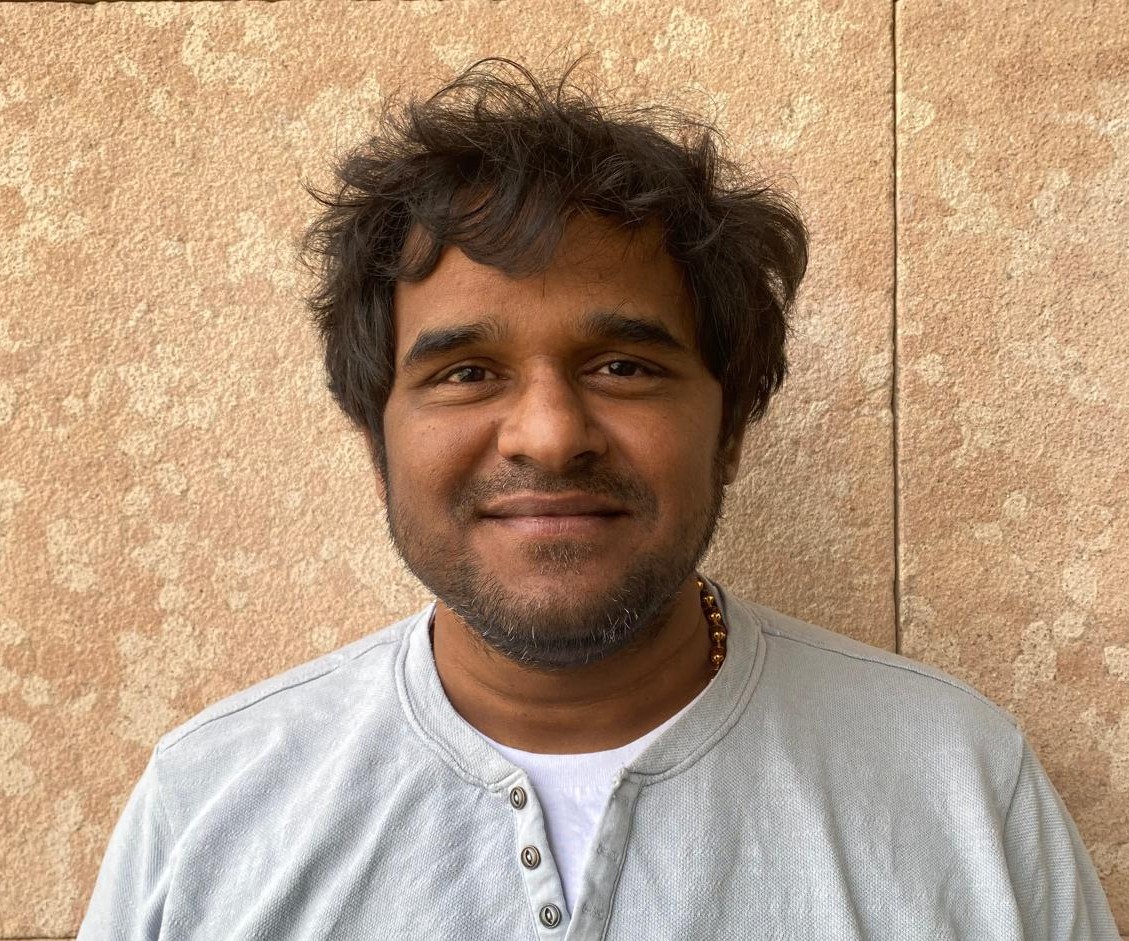
Tirumalapudi Raviteja is a Research Assistant in the BioRobotics and Biomedical Laboratory at the University of Florence. He holds a Master’s degree in Robotics from SRM University (2012) and a Bachelor’s degree in Mechanical Engineering (2010). His research focuses on humanoid robotics, human–robot interaction, and AI-driven perception for assistive and rehabilitation applications. He works on developing cognitive and interactive capabilities for the Unitree H1-2 humanoid robot, integrating computer vision, sensor fusion, and intelligent control to support biomedical and healthcare environments.
Google Scholar
Last update
11.12.2025
